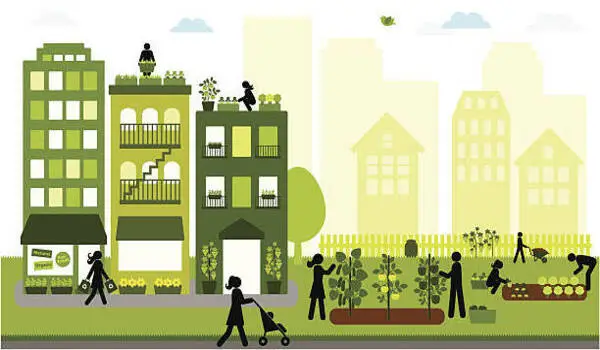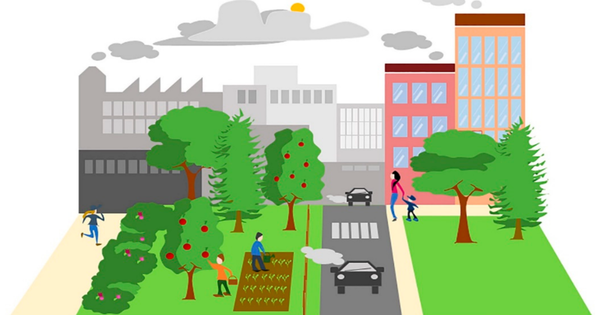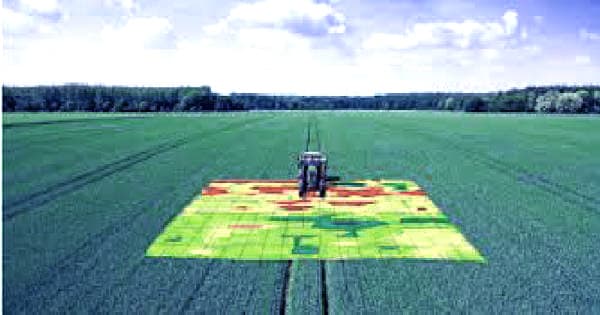Urban gardens can help to increase the amount of green space in urban areas, which is important for biodiversity and wildlife. Gardens provide habitats for birds, insects, and other small animals, and can help to increase the overall plant diversity in urban areas, which can help to support a healthy ecosystem.
Traditionally, it has been assumed that growing food causes biodiversity loss and has a negative impact on an ecosystem. A new study from multiple universities, including The University of Texas at Austin, contradicts this assumption, demonstrating that community gardens and urban farms benefit biodiversity, local ecosystems, and the well-being of the people who work in them.
The study, published in Ecology Letters, examined 28 urban community gardens in California over a five-year period, quantifying biodiversity in plant and animal life as well as ecosystem functions like pollination, carbon sequestration, food production, pest control, and human well-being.
It’s estimated that by 2030, about 60% of the world’s population will live in cities. And urban farms and gardens currently provide about 15%-20% of our food supply, so they are essential in addressing food inequality challenges.
Shalene Jha
“We wanted to determine if there were any tradeoffs in terms of biodiversity or impacts on ecosystem function,” said Shalene Jha, an associate professor of integrative biology who was lead author on the paper. “What we found is that these gardens, which are providing tremendous nutritional resources and increasing well-being for gardeners, are also supporting incredibly high levels of plant and animal biodiversity. It’s a win-win.”
Previous scientific assumptions about the negative impact of food production on biodiversity were almost entirely based on intensive rural agriculture enterprises that typically grow only one or two types of crops, often on a massive scale. In smaller areas, urban community gardens, private gardens, and urban farms and orchards tend to grow more types of plants. This is the first study to look at the effects of urban gardens on a variety of biodiversity measures and ecological services.

“It’s estimated that by 2030, about 60% of the world’s population will live in cities,” Jha said. “And urban farms and gardens currently provide about 15%-20% of our food supply, so they are essential in addressing food inequality challenges. What we’re seeing is that urban gardens present a critical opportunity to both support biodiversity and local food production.”
The study also discovered that gardeners’ choices can have a significant impact on their local ecosystem. Planting trees outside crop beds, for example, could increase carbon sequestration without limiting pollinators or reducing food production due to excessive shade. Furthermore, mulching only within crop beds may help improve soil carbon services while minimizing negative effects on pest control and pollinators.
Urban gardens can help to improve air quality and mitigate the effects of urban heat islands. Plants absorb carbon dioxide and other pollutants from the air, and can help to reduce the overall temperature in urban areas through shading and evapotranspiration. It can provide a range of social and educational benefits for humans, such as opportunities for community building and engagement, and education about gardening, sustainability, and healthy living.
Overall, urban gardens can play an important role in supporting both the health of ecosystems and the well-being of humans in urban areas.
















